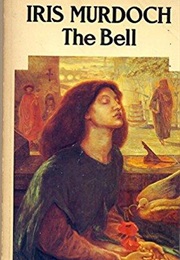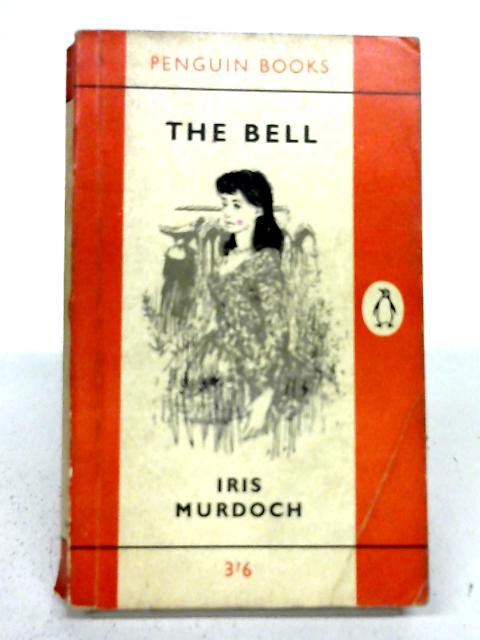


They’re likable and complicated and real. The people of Imber are immediately recognizable to anyone who has ever lived or worked in an intentional community. Dora, unhappy with or without him, decides to join her estranged husband there - never mind that the Paul she knew had never expressed any faith or that Dora herself had long ago disposed of it. In Dora’s absence, Paul takes on the role of the aggrieved husband, finds religion and joins the community at Imber. Unhappy, she leaves Paul and begins an affair with his opposite, a freewheeling journalist and layabout. She discovers only after marrying him that she likes the idea of herself as his wife much more than the reality. Dora has married Paul, an art historian who is easily angered and controlling. Murdoch’s story is told from the perspective of Michael, Toby and Dora. The Bell is a novel about sex and religion and how difficult it is to be “good” at them - or to really know oneself. The book was a delight, its descriptions vivid, its plot darkly funny and sad and full of surprises. Intrigued, I ordered a copy of her 1958 novel, The Bell, which tells the story of several weeks in the life of Imber Court, a lay, Anglo-Catholic community outside Imber Abbey, a cloistered convent of Benedictine nuns. In addition to her work as a moral philosopher, she would publish 26 novels, five plays and a book of poems, and in 1987 was made a Dame of the British Empire by Queen Elizabeth II. Murdoch had studied the “Greats” at Oxford: an undergraduate course in philosophy, classics and ancient history not unlike the Program of Liberal Studies at Notre Dame.

In her moral philosophy, Goodness takes God’s place, but she also took religious questions seriously. Murdoch was an atheist who was also deeply Anglican. Lipscomb and Metaphysical Animals by Clare Mac Cumhaill and Rachael Wiseman. The quartet are the subjects of two recent biographies, The Women are Up to Something by Benjamin J.B. Murdoch studied at Oxford in the late 1930s and emerged after World War II as part of a group of female philosophers that included Mary Midgley, Philippa Foot and Elizabeth Anscombe, who believed that good and evil were not subjective - not merely a matter of opinion, the popular view of the time - but were real and discoverable. I’d never heard of the British and Irish novelist and philosopher until reading this: “Love is the extremely difficult realization that something other than oneself is real.” Occasionally you stumble upon something of value on Instagram.


 0 kommentar(er)
0 kommentar(er)
